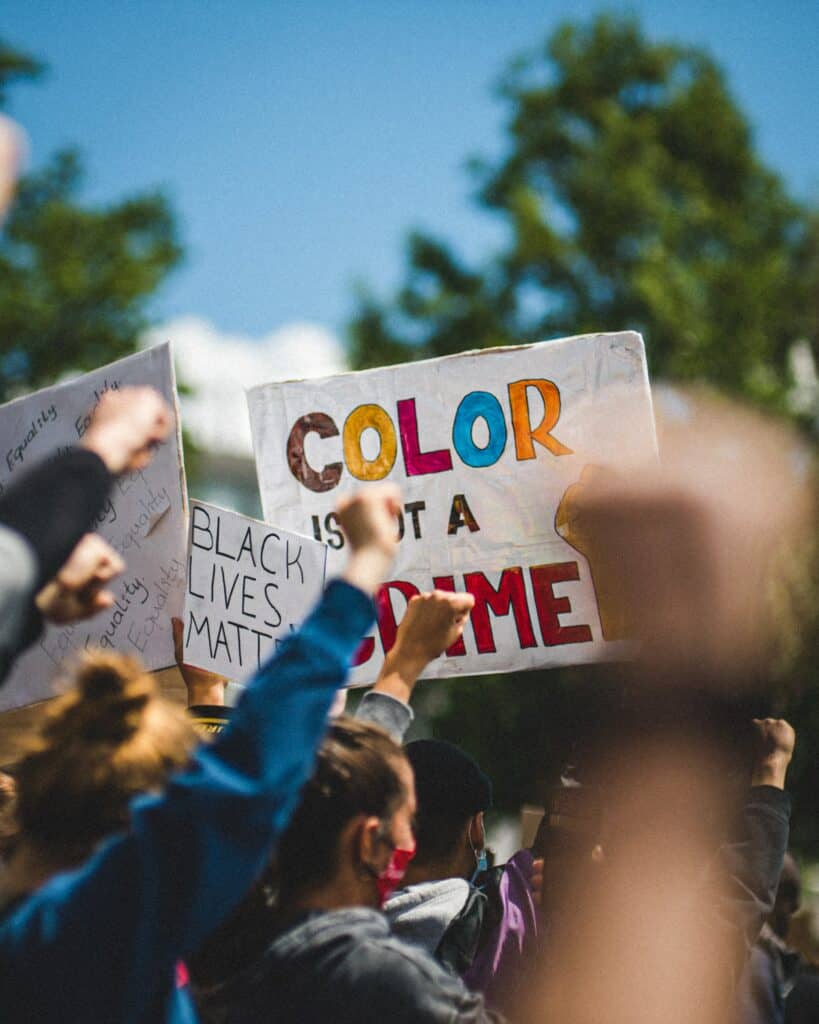Rebuilding vulnerable communities reeling from the economic ravages of the COVID-19 pandemic will require a heightened public-private partnership, one defined not just by resolute individual and entrepreneurial initiative, social enterprise and nonprofit capacity-building, but also by thoughtful and visionary public policy re-envisioned with these communities in mind. The first step has to continue to focus on preservation, keeping homeowners and renters in their homes and surviving small and minority businesses open, and ensuring commercial corridors and office parks in thousands of lower-income neighborhoods across the country do not gradually succumb to the financial stress brought on by the pandemic. Despite extraordinary COVID-19 relief efforts by federal and state leaders, more targeted relief will be needed for the low- and moderate-income and minority neighborhoods most impacted by the pandemic.
Second, policies designed to corral private capital in support of key public policy objectives must be enhanced to ensure an equitable recovery. As a start, the nation should extend the reach and efficacy of the Community Reinvestment Act (CRA), focus on policies at the federal and local level that remove barriers to affordable housing production and rehabilitate and re-tool Opportunity Zones to ensure equitable outcomes.
Finally, there has to be a laser-like focus on closing the racial wealth gap — a feat made much harder by the uneven impact of the pandemic. A housing finance system focused on increasing Black homeownership that is sustainable and improving housing equity is key, as is improving access to smaller dollar credit and technical assistance for minority business owners, including start-ups. More difficult is to increase the opportunities for minorities to save and invest, hold and benefit from higher-yielding capital assets, as well.
The nation has to be deliberate in its focus on an equitable recovery for vulnerable communities. It simply will not happen on its own.
A version of this article was previously published by the Penn Institute for Urban Research.
Gerron Levi is Senior Director, Government Affairs at NCRC.
Photo by Mika Baumeister on Unsplash



